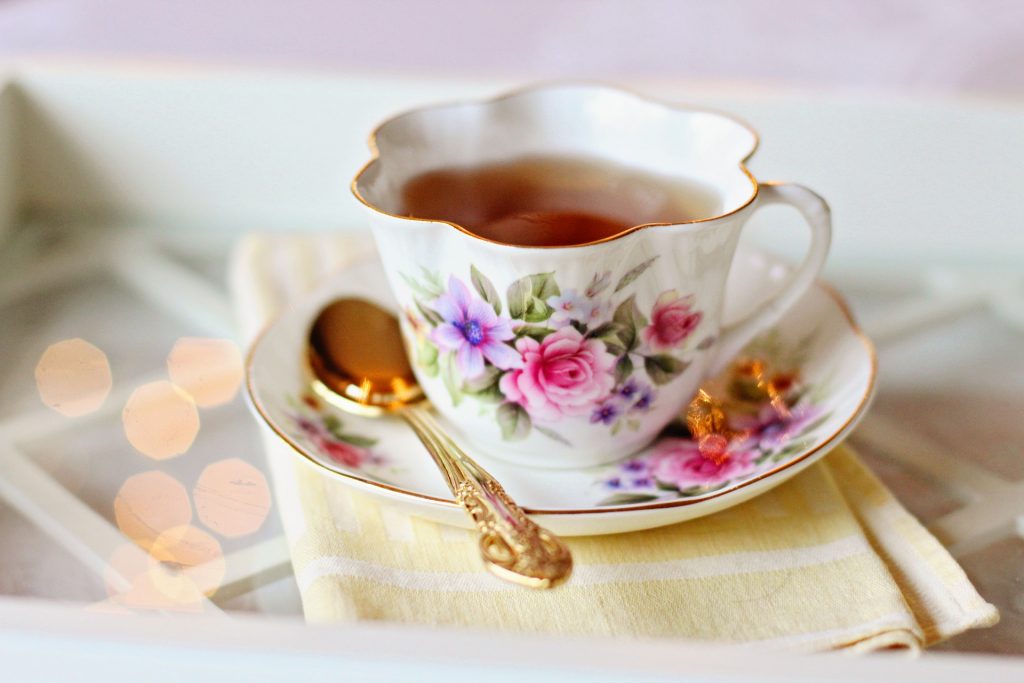Older adults are at greater risk for dehydration than younger adults. Reasons include, decreased lean body mass, decreased thirst sensation, difficulty getting around, memory problems, use of medications, and certain medical conditions. Dehydration is a leading cause of hospitalization in older adults and can lead to death if not treated properly.

What are the warning signs?
For most adults, thirst is a primary sign of dehydration. However, in older adults, this may not be reliable. Here are some important warning signs of dehydration:
- Dry mouth, tongue, and nose
- Dry skin or poor elasticity—doesn’t “bounce back” when stretched
- Constipation
- Headache
- Less frequent urination, or dark colored urine
- Dizziness or confusion
- Weakness or sleepiness
- Urinary tract infections
How can dehydration be avoided?
- Consume adequate fluid, ideally at least six to eight glasses per day. If you have heart failure, kidney disease or a history of dehydration, consult with your physician or dietitian to determine your exact daily fluid needs.
- Divide your fluids into small doses — sometimes this can be easier to manage than large amounts at once.
- Aim for variety! Different flavors and textures can help with intake.
- Make sure to plan for extra fluids in hot weather or during periods of exercise.
Almost all fluids count
You may have heard that caffeinated beverages are dehydrating. However, recent studies show that a moderate intake of caffeine (especially for those who consume it regularly) is not as dehydrating as once thought.
Here are some examples of good sources of fluid:
| Beverages | Foods |
| Water Sparkling water Flavored water Coffee or tea Hot cocoa Juice Milk Nutritional Drinks like Boost or Ensure Smoothies Sports drinks | Fresh, frozen or canned fruit Fresh, frozen, or canned vegetables Gelatin desserts Ice cream Popsicles Pudding Sherbet Soup Yogurt |
Make adequate hydration an enjoyable experience by stocking up on foods and drinks you enjoy. Talk to your health professional if you have any questions or concerns about your fluid intake.
Did You Know?
It’s important to consume adequate fluid–at least six to eight glasses per day for most adults! Consult your physician or dietitian for your individual fluid needs if you have heart failure, kidney disease, or a history of dehydration. Almost all fluids count, including those from non-alcoholic beverages, as well as fluid from many nutritious foods.


